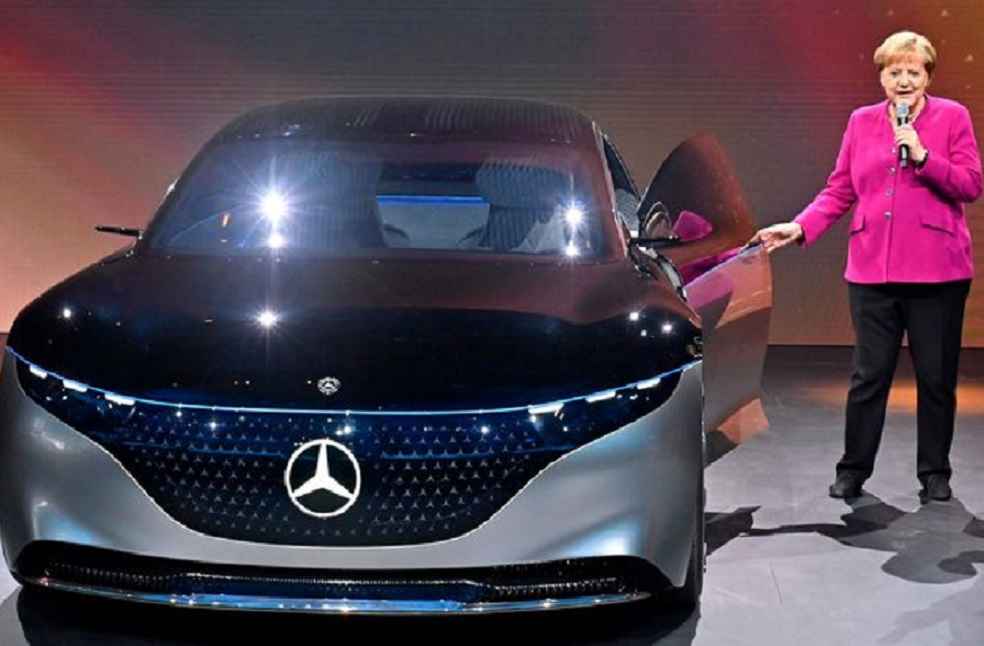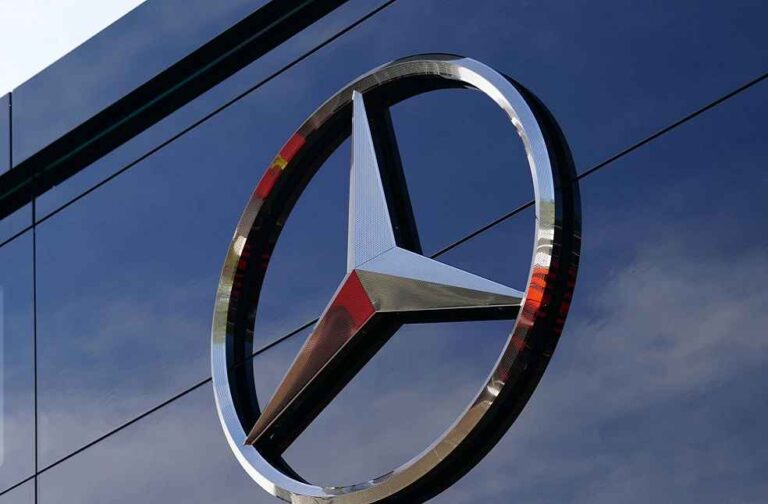Mercedes-Benz Group has concluded its exit from the Russian market by divesting its 15% stake in Kamaz, the leading truck manufacturer in Russia. This strategic decision, finalized after obtaining all necessary regulatory approvals, not only underscores the growing business implications of international conflicts but also sheds light on the changing contours of global commerce following Russia’s military intervention in Ukraine in 2022.
Termination of a Prolonged Alliance
The transaction concludes Mercedes-Benz’s extensive engagement with Kamaz, severing ties with a partnership that extended over a decade. Necessitated by the intricate web of U.S. and EU sanctions enveloping Kamaz, this divestiture represents a critical juncture for the German automotive titan. Daimler Truck, a subsidiary within the Mercedes-Benz conglomerate and a significant stakeholder in Kamaz since 2008, faced the task of writing off an asset valued at approximately 200 million euros. This divestiture symbolizes the broader exodus of Western automotive magnates from the Russian sphere, propelled by geopolitical discord and magnified by proliferating sanctions.

Strategic Retreats Amidst Sanctions
Mercedes-Benz’s stake sale in Kamaz epitomizes the climax of strategic disengagements by Western entities from Russian ventures, a ripple effect triggered by geopolitical unrest post Russia’s aggression in Ukraine. The transaction’s confidentiality belies the intricate negotiations and regulatory navigations characteristic of such high-stakes divestitures against a backdrop of international sanctions. This move, representing Mercedes-Benz Group’s conclusive step in its staged withdrawal, resonates with the strategies of other industry behemoths, notably Hyundai’s recent divestiture of its St Petersburg plant to Art Finance in January 2024.
Implications of Western Exodus
The retreat of Mercedes-Benz Group and akin entities from Russia transcends mere asset reallocation; it heralds a significant transformation in the geopolitical and economic strategies within the global automotive sector. Provoked by sanctions, political impasses, and mandates for ethical corporate conduct, this retreat signals a reevaluation of market strategies amidst an increasingly bifurcated global landscape. For the Russian domain, the vacuum left by Western automotive leaders paves the way for domestic and non-Western international firms, potentially reshaping the competitive dynamics significantly.

Thus, Mercedes-Benz Group’s stake sale in Kamaz transcends a simple transaction; it signifies a narrative of strategic adaptation to geopolitical upheavals. As this significant divestment’s repercussions begin to materialize, the automotive industry, international business relationships, and global market configurations are set to evolve in both compelling and unpredictable directions.
AUTO TECH | Carloha Nigeria Debuts Chery’s Tech Marvels at 2024 Lagos Motor Show





